Precision Surgery, Pioneering Research
Our Preclinical Surgical Services are designed to support and advance your research with state-of-the-art facilities and expert technical assistance. Whether you need a single task or a full-scale study, our dedicated team offers flexible solutions to meet your specific research needs.
Find out more about our Comprehensive Preclinical Surgical Solutions Below
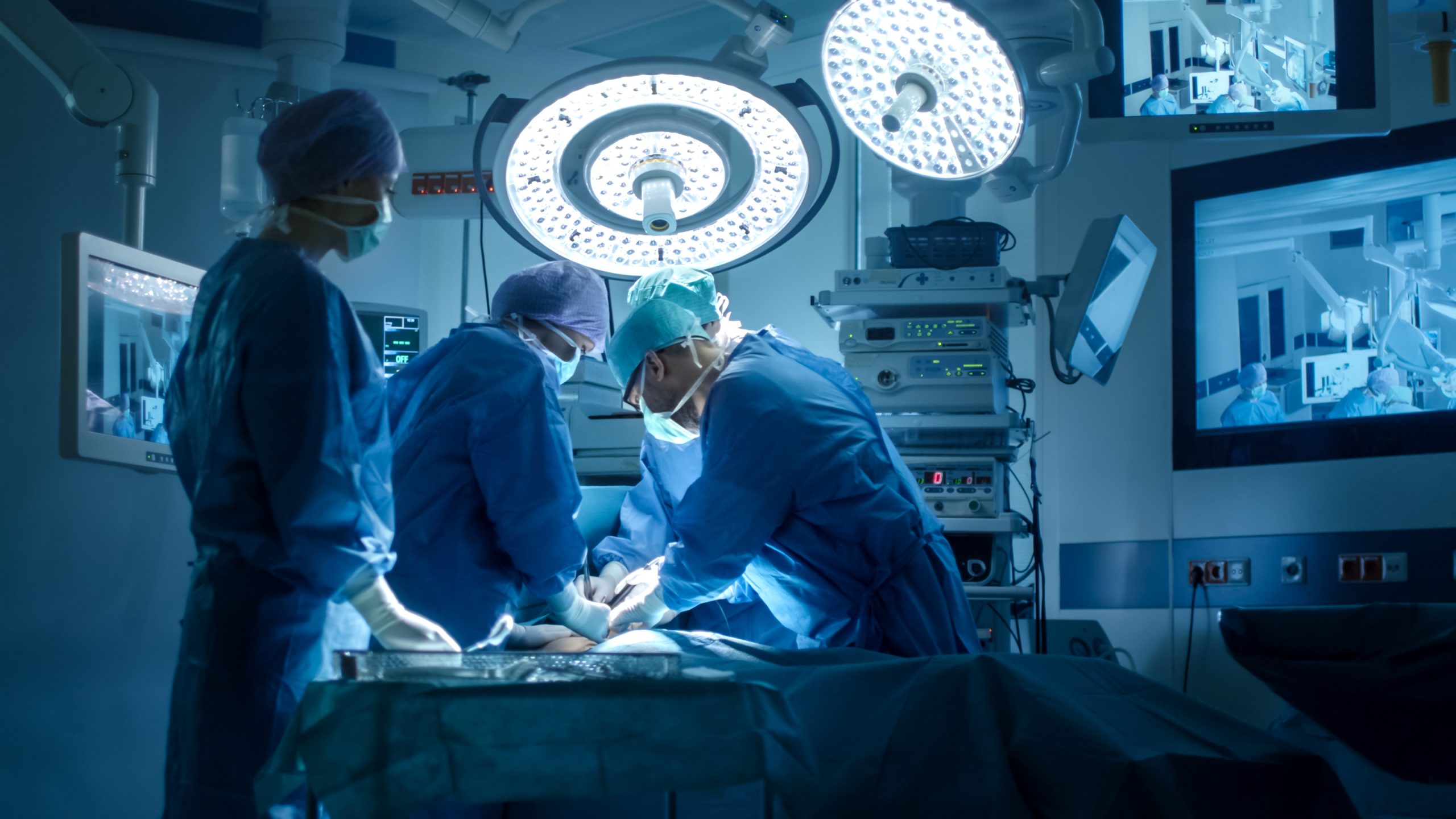
Our Preclinical Surgical Services encompass a broad range of studies and models, including but not limited to:
- Pharmacokinetics Studies: Detailed analysis of drug absorption, distribution, metabolism, and excretion.
- Tumor Studies: Comprehensive evaluations for oncology research.
- Efficacy Studies: Assessing the effectiveness of drugs or interventions.
- Immunogenicity Studies: Investigating immune responses to therapeutics or devices.
- Toxicity Studies: Evaluating potential adverse effects of new compounds or devices.
- Custom Special Models: Tailored models to fit unique research needs as requested by clients.
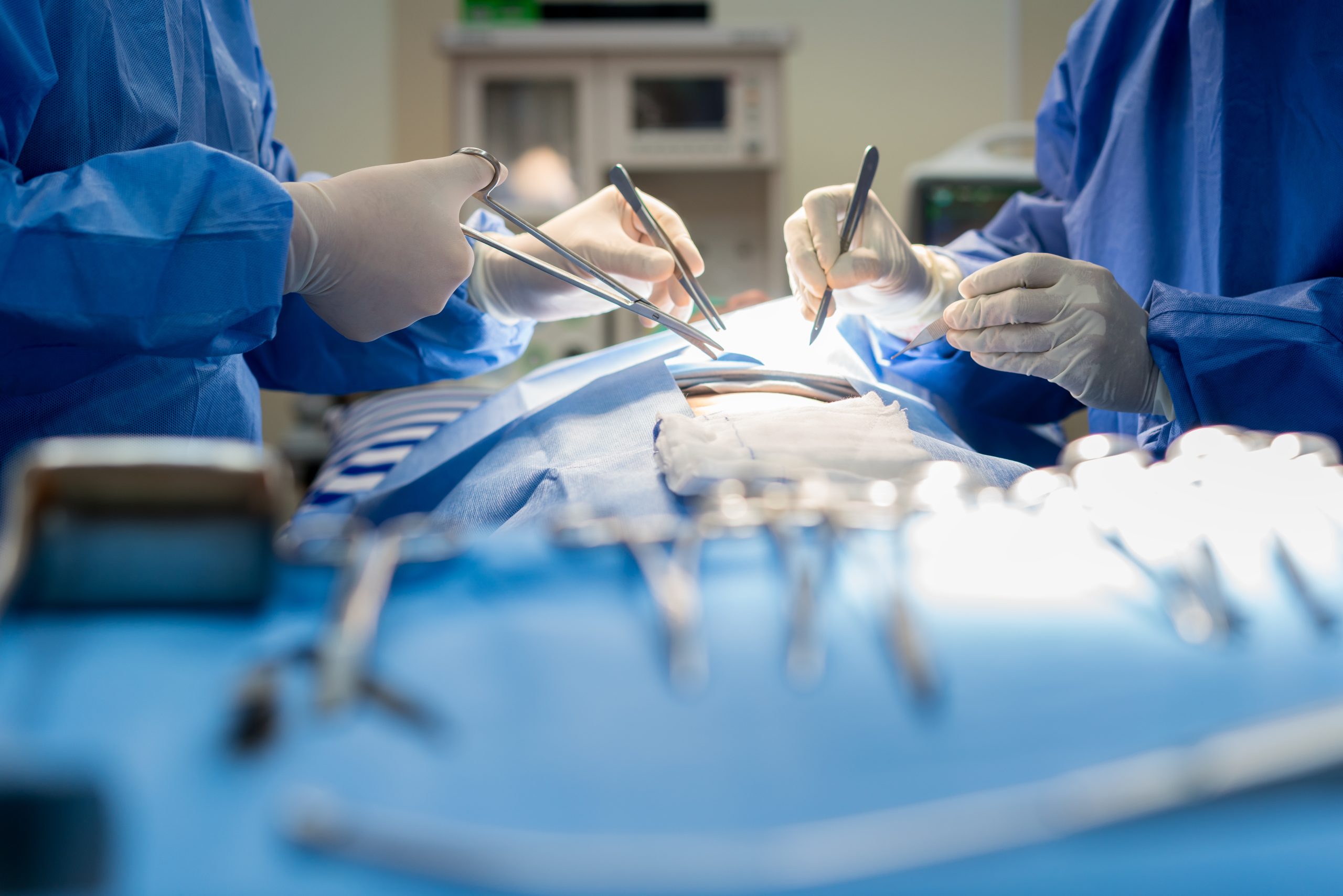
- 30+ Years of Experience: Proven track record with industry partners.
- Flexible Pricing: Competitive, hourly rates with rapid contracting.
- Expert Team: Over 500 on-site physicians, surgeons, and veterinarians.
- Advanced Facilities: 40,000 square feet of space, including operating rooms, a digital fluoroscopy lab, and more.
- On-Site Services: Histology, pathology, and necropsy capabilities.
- Comprehensive Training: Physician and sales training available.
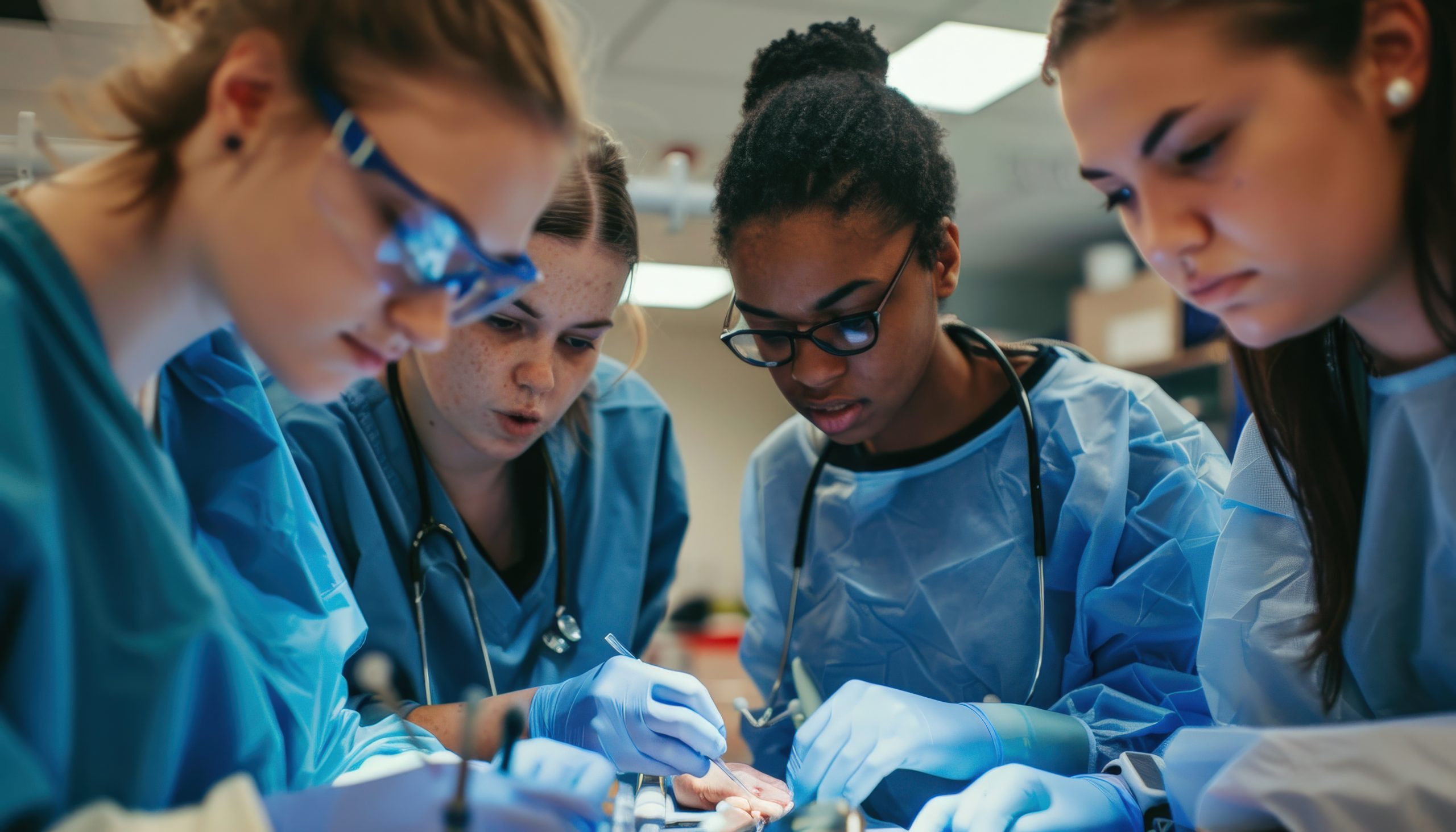
Dr. Herman’s lab focuses on understanding the molecular mechanisms that control cellular growth and differentiation during the development or disease. Using the vasculature as a model system for in vitro and in vivo studies, the group implements morphologic, biochemical and molecular genetic approaches. Experimental results have yielded important new insights into the molecular and cellular regulators that control cell migration and division, angiogenesis and hypertension or wound healing. Studies performed at the SIRL focus on factors that modulate angiogenesis to regulate wound healing.
As an Interventional Cardiologist and Advanced Heart Failure/Cardiac Transplant Physician, Dr. Kapur’s laboratory at the MCRI and SIRL focuses on preclinical models of left heart failure, myocardial infarction, ischemia-reperfusion injury and pulmonary hypertension. Unique aspects of the research program include biventricular pressure-volume loop analysis and 3D echocardiography in mice and large animals. According to the literature, Tufts SIRL holds the longest-standing ischemia model in pigs. Learn more about MRI 3D/STE.
Osseointegration of silk-coated implants
Replacement of missing teeth in dental clinics has always been a challenge in the dental field. Dental implants became the ultimate gold standard solution for permanently replacing missing teeth. For the implants to stay functional and replace dentition efficiently, osseointegration (defined as a union between bone and titanium surface without having a soft tissue barrier or fibrous encapsulation) must occur.
Improving the surface of titanium implants has been the quest of many research fields, and one approach would be coating implants with RGD peptide-decorated silk, which will attract fibroblasts and thus improve bone adhesion to implant surfaces.
Dr. Zoukhri’s studies are testing whether coating titanium implants with silk, would improve osseointegration of dental implants. Finding new and innovative biocompatible materials for implants has a broad impact in many fields of surgery. The SIRL facility provides an optimum atmosphere for the support of these in vivo studies.
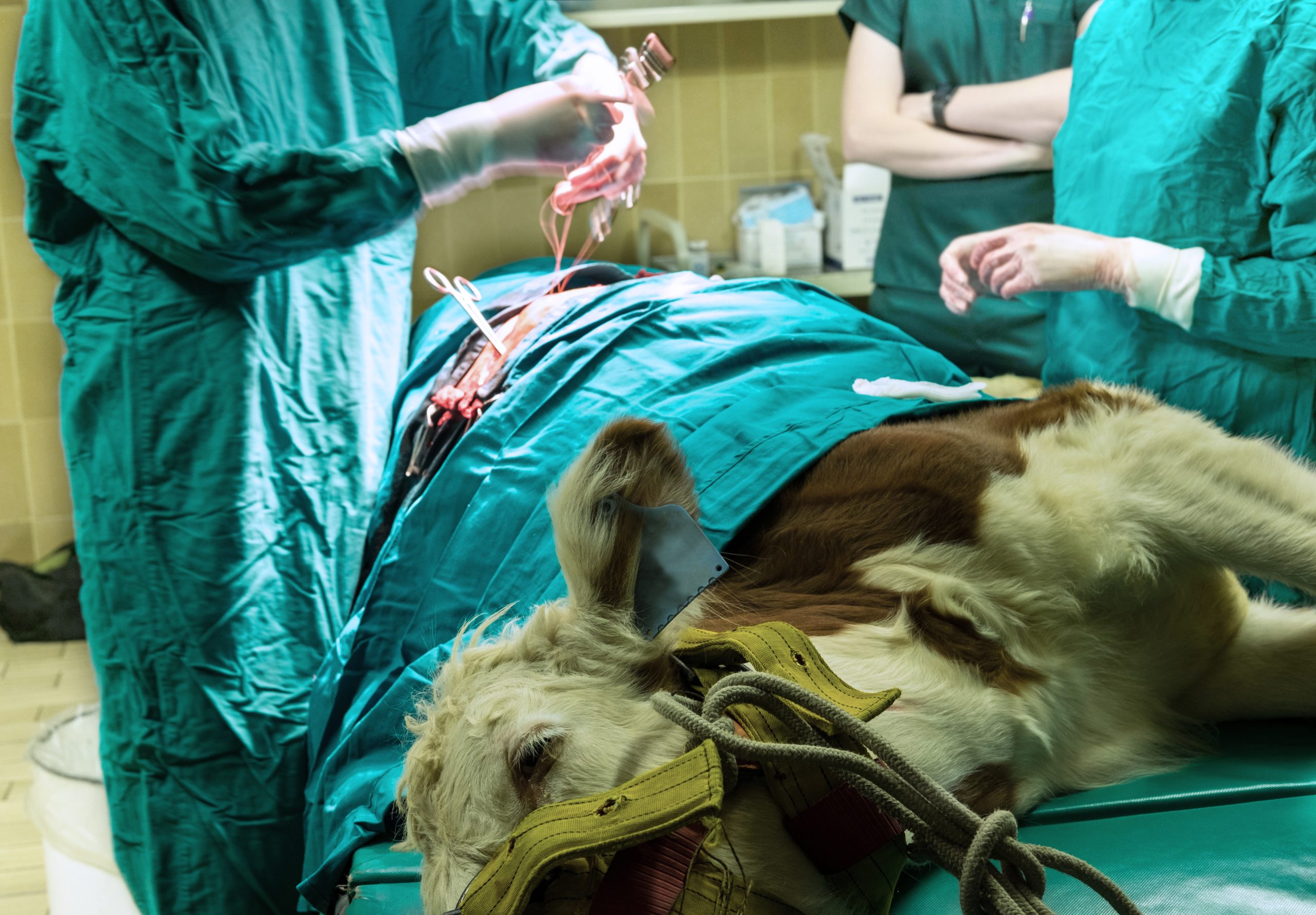
- 30+ Years of Experience: Proven track record with industry partners.
- Flexible Pricing: Competitive, hourly rates with rapid contracting.
- Expert Team: Over 500 on-site physicians, surgeons, and veterinarians.
- Advanced Facilities: 40,000 square feet of space, including operating rooms, a digital fluoroscopy lab, and more.
- On-Site Services: Histology, pathology, and necropsy capabilities.
- Comprehensive Training: Physician and sales training available.
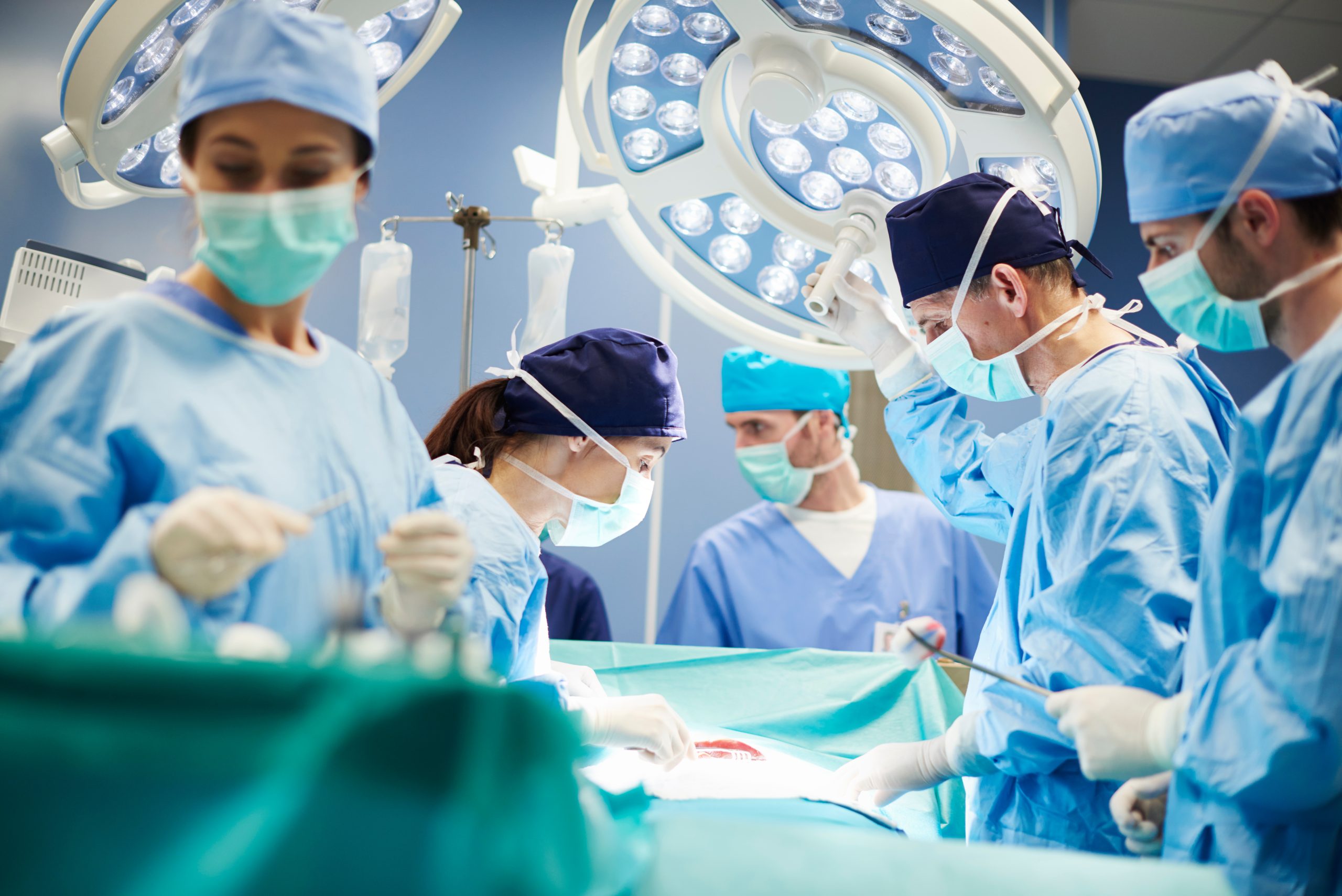
At CMS, our commitment extends to ensuring that all surgical procedures are conducted with the utmost care and adherence to ethical standards. We strive to maintain the highest quality of surgical practices, ensuring that all procedures are performed with the humane treatment of animals at the forefront. Our mission is to provide exceptional support for preclinical research while upholding rigorous compliance with all regulatory and institutional standards.